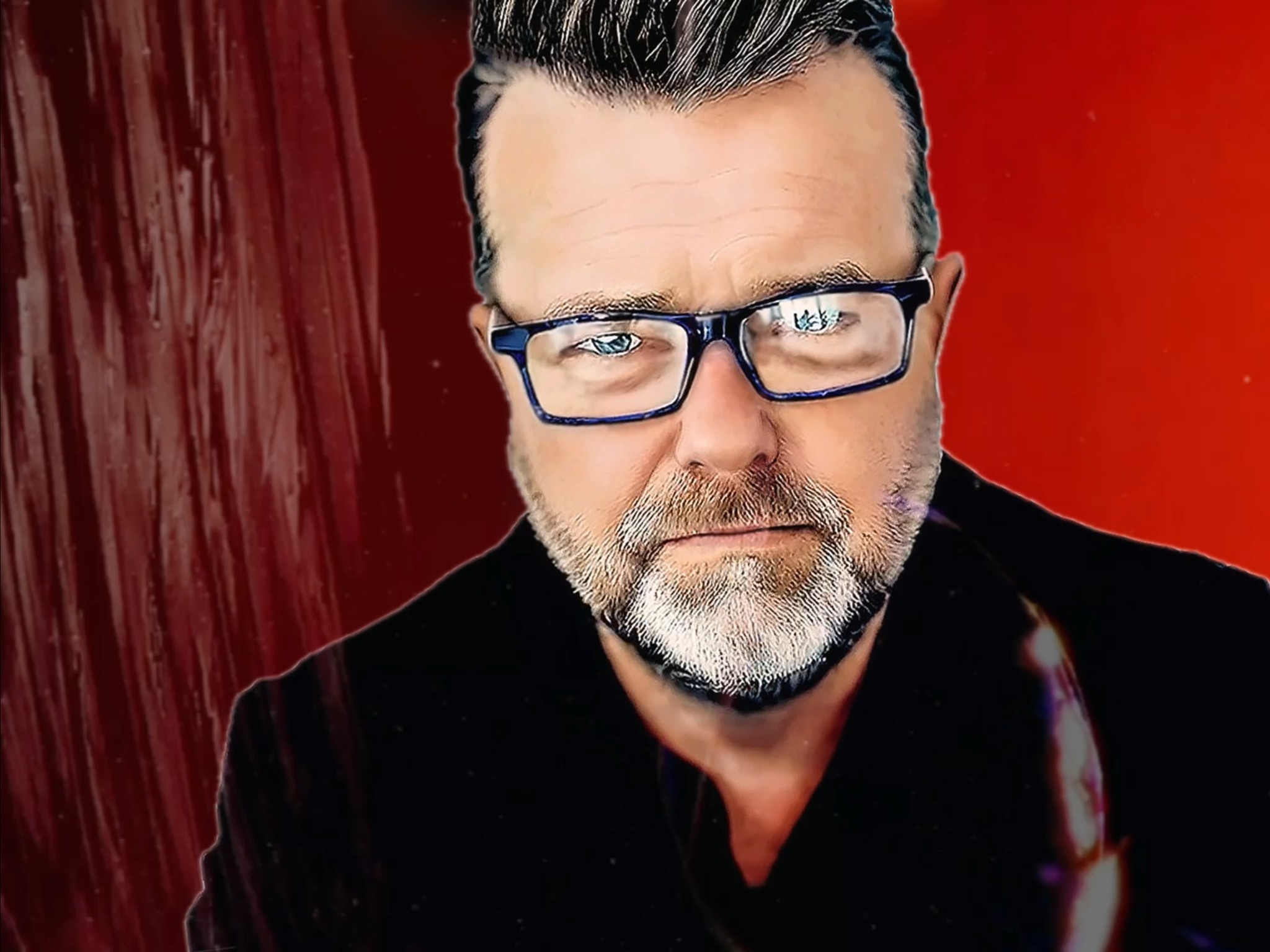For some, anxiety feels like a tight, churning knot in the stomach. For others, it shows up as a relentless wave of nagging thoughts about what could go wrong tomorrow. Everyone experiences anxiety a little differently, says Dr. Nicole Cain, a clinical psychologist and author of Panic Proof: The New Holistic Solution to End Your Anxiety Forever. In fact, Dr. Cain suggests there are nine unique types of anxiety, each with its own triggers and symptoms.
“The nine types of anxiety emerged from a blend of my clinical experience, research, and personal insights,” Dr. Cain explains. “Years of working with anxiety patients showed distinct patterns in how anxiety manifests. I noticed that traditional medicine often treats anxiety as a single condition, but my observations revealed that symptoms tend to cluster around specific body systems or experiences.”
Dr. Cain offers an online quiz to help identify your anxiety type, which can be incredibly helpful. Knowing your anxiety type can highlight potential root causes and guide you to targeted treatments, making relief faster and long-term management more effective.
It’s worth noting that you can experience more than one type of anxiety, it’s common for certain types to overlap. Here’s a rundown of the nine types of anxiety and how they might show up in your life.
Gut Anxiety
The gut-brain connection is well-documented and surprisingly powerful. If you tend to get butterflies, nausea, or even feel like vomiting before big events – like a presentation or first date – you may experience gut anxiety.
Common signs of gut anxiety include:
- Gas
- Bloating
- Heartburn/reflux
- Constipation or diarrhea
In some cases, digestive issues like irritable bowel syndrome (IBS) can be rooted in anxiety. “Treatment for gut anxiety might focus on addressing digestive health, including food sensitivities and the gut-brain connection,” Dr. Cain suggests. Options might include dietary adjustments, probiotics, or specific gut-healing approaches.
Nervous System Anxiety
For Dr. Cain, nervous system anxiety once felt like an electric jolt running through her teeth, and she recalls one patient who even temporarily lost vision during a panic episode. These kinds of intense physical sensations are common with nervous system anxiety.
Other signs can include:
- Numbness or tingling, often in hands, face, feet, or scalp
- Muscle tension
- Headaches
Chest Anxiety
Dr. Cain explains that it’s common for people to mistake a panic attack for a heart attack. If you’ve gone to the ER for chest pains only to be told your heart is fine, your symptoms might actually be caused by anxiety.
Chest anxiety can look like:
- A racing or pounding heart
- Heart palpitations
- Skipped heartbeats (arrhythmia)
Important: While chest symptoms can be anxiety-related, it’s always best to seek emergency care to rule out heart-related issues.
“For chest anxiety, some doctors may prescribe beta-blockers like propranolol to manage palpitations. These can offer a targeted option rather than daily antidepressants or sedating benzodiazepines,” Dr. Cain explains.
Thought Anxiety
If your mind goes into overdrive with “what if” scenarios—like worrying about a conversation with your boss or why your friend hasn’t texted back—you might be dealing with thought anxiety.
Signs of thought anxiety:
- Racing or looping thoughts
- Obsessive or intrusive thoughts
Thought anxiety is often linked to trauma, high-pressure lifestyles, or habits of overthinking rather than responding to bodily cues. Treatment might include cognitive-behavioral therapy (CBT) or supplements like L-theanine for a calming effect.
Endocrine Anxiety
Imbalances in the endocrine system—your body’s hormone messenger network—can also spark anxiety. The endocrine and nervous systems work closely together, so issues in one can influence the other, especially when it comes to anxiety.
Endocrine anxiety might manifest as:
- Unexplained weight changes
- Skin or hair changes
- Mood swings
- Reduced libido
“Endocrine anxiety often involves imbalances in the thyroid, sex hormones, or cortisol levels,” Dr. Cain says. Treatment might involve addressing hormonal imbalances, possibly with thyroid medication or hormone therapy.
Immune Anxiety
Research shows that the immune and nervous systems have a connection, particularly regarding emotional health. Immune anxiety can be hard to identify because symptoms vary widely and can shift from day to day.
Signs of immune anxiety:
- Histamine reactions (itchy eyes, hives, post-nasal drip)
- Skin sensitivity
- Fibromyalgia-like muscle aches
- Frequent illnesses or longer recovery times
If you’re dealing with fatigue one day and joint pain the next, immune system anxiety could be the underlying cause. Treatments might include managing allergies, working on immune resilience, and finding anti-inflammatory therapies.
Depressive Anxiety
Did you know that around 60% of people with anxiety also experience depressive symptoms? Both conditions originate from the brain’s amygdala, which processes fear and other emotions.
Depressive anxiety may look like:
- Feelings of sadness, worthlessness, or hopelessness
- Disturbed sleep, low energy, changes in appetite
Dr. Cain notes that feeling a little down due to anxiety is normal, but if depression symptoms impact your relationships, job, or self-care, it could indicate depressive anxiety. Treatment could involve therapy, medication, and supplements.
Anger Anxiety
When you’re anxious, your body produces similar neurochemicals as when you’re angry. If you’ve ever felt a sudden urge to lash out during stress, anger anxiety might be to blame.
Anger anxiety can manifest as:
- Irritability
- Rage
- Impatience
Treatment depends on what’s causing the anger response. For example, if it’s rooted in PTSD, therapy is often beneficial. For cases involving an overactive amygdala, grounding exercises, such as breathwork, can help. In cases with underlying conditions like Klinefelter syndrome, treatment includes managing that condition.
Trauma Anxiety
Whether you’ve had a tough upbringing, been through an abusive relationship, or witnessed disturbing events, trauma often leaves a lasting impact on mental health. Trauma anxiety often comes from physical changes in the brain due to past experiences.
Trauma anxiety can show up as:
- Flashbacks or intrusive memories
- Nightmares, particularly about traumatic events
- Hypervigilance or being easily startled
Treating trauma anxiety might involve specialized therapies, like eye movement desensitization and reprocessing (EMDR), to help process these past experiences.
Understanding the specific nature of your anxiety, as Dr. Cain outlines, can be the key to overcoming it. When you pinpoint the exact type you’re experiencing, you’re better equipped to manage it with treatments that align with your unique needs.









